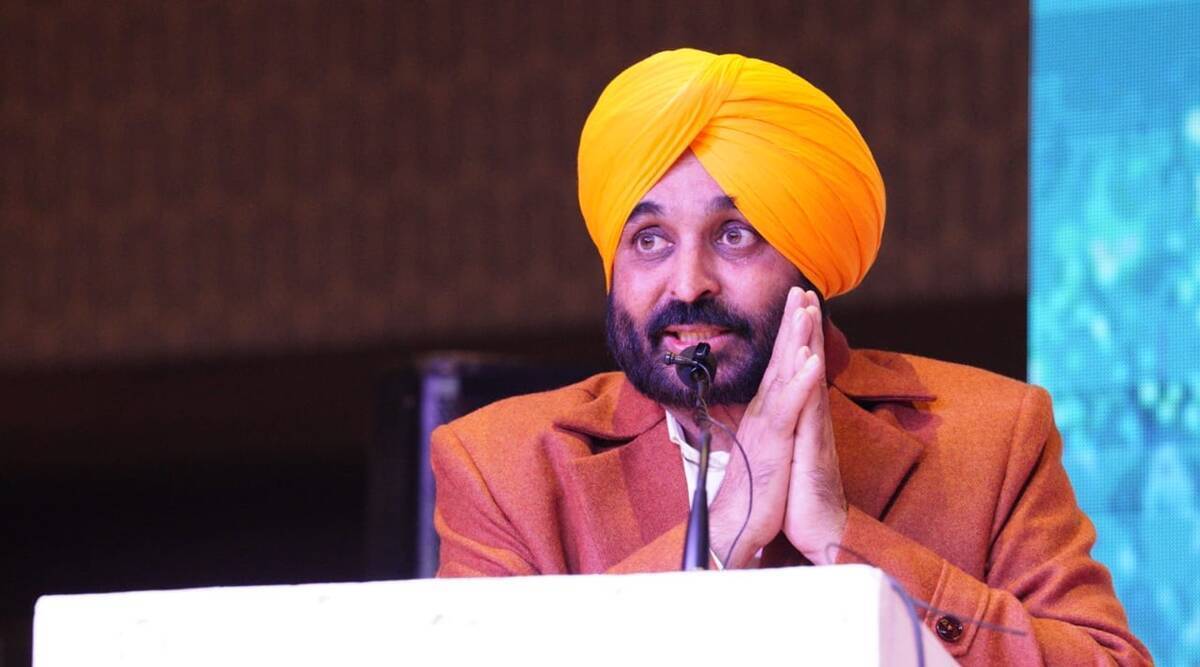Punjab notifies panel to formulate SOP for old pension scheme
The committee headed by Chief Secretary VK Janjua will have Additional chief secretary (revenue) KAP Sinha; Finance Secretary AK Sinha; Mission director NHM, Abhinav Trikha; and Director (Finance), PSPCL as its members.
 The Aam Aadmi Party had announced it would implement the OPS in the run up to the Assembly elections in Himachal Pradesh and Gujarat. (File)
The Aam Aadmi Party had announced it would implement the OPS in the run up to the Assembly elections in Himachal Pradesh and Gujarat. (File) The Punjab government Friday constituted a five member committee to formulate the standard operating procedure (SOP) for implementing the old pension scheme (OPS). This comes more than two months after it issued a notification mentioning briefly that the employees covered under national pension scheme would be given benefits of the OPS.
The committee headed by Chief Secretary VK Janjua will have Additional chief secretary (revenue) KAP Sinha; Finance Secretary AK Sinha; Mission director NHM, Abhinav Trikha; and Director (Finance), PSPCL as its members. The notice regarding setting up of the committee, however, has not given any deadline for formulating of the SOP.
The Aam Aadmi Party had announced it would implement the OPS in the run up to the Assembly elections in Himachal Pradesh and Gujarat. However, it took the Bhagwant Mann-led Cabinet nearly two months to clear the scheme in September, before it was notified on November 18.
Once implemented, the move would benefit over 1.75 lakh employees currently covered under new pension scheme (NPS). The state has said it would also request the Pension Fund Regulatory and Development Authority to refund Rs 16,746 crore, the corpus accumulated under the NPS.
Also, considering the poor fiscal health of the state, it will be a difficult proposition implementing the OPS. The state’s pension bill in 2004-05 was just Rs 1,514 crore. The Budget for 2022-23 estimates the total outgo due to pension in the year at Rs 15,146 crore, which is 10 times the liability in 2004-05. Pension and salaries are estimated to be 49 per cent of its total revenue receipts in the current financial year, restricting scope for developmental expenditure.
Under the old pension scheme, retirees get an assured 50 per cent of their last drawn basic salary, with cost of living adjustments made to their incomes every year. Over 4,100 employees will benefit in the next five years following the switch, sources said. To ensure the switchover is financially sustainable, the state would create a pension corpus and proactively contribute Rs 1,000 crore a year to begin with.







